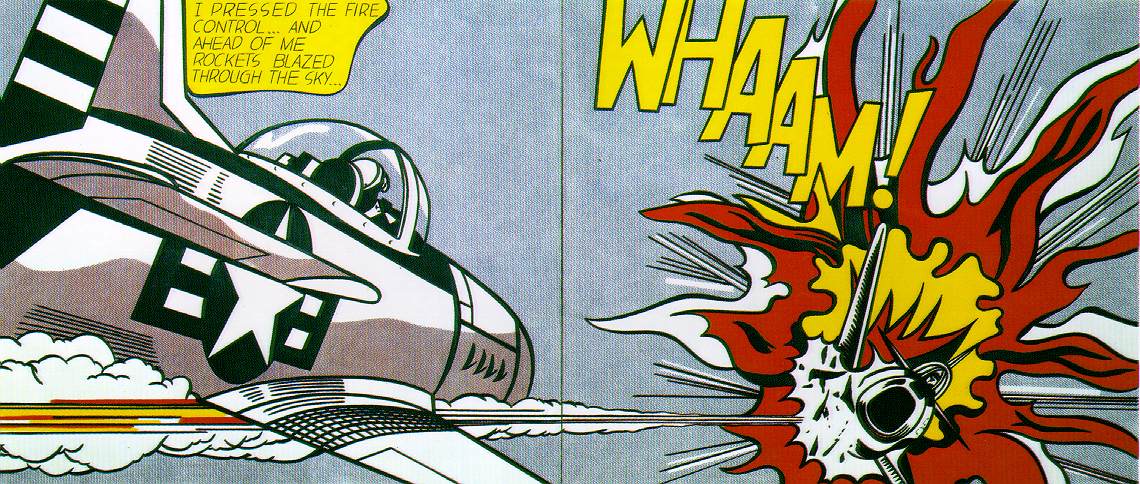sun. 25.6.2006
Írak og Ungverjaland
Söguţekking Bush er ekki upp á marga fiska, en viđ vissum ţađ svosem... Um daginn var leiđari í LA times um nýlega sagnfrćđikenningar forsetans...
EDITORIALS
From Hungary '56 to Iraq '06
President Bush strains a historical analogy in the friendly confines of Central Europe.
June 23, 2006
ONE OF THE PERKS OF BEING president of the United States is traveling to the post-communist democracies of Central Europe, basking in the rare appreciation of U.S. foreign policy and co-opting the rich local narratives of freedom to justify the White House's interventions du jour. President George H. W. Bush went to a newly free Prague in 1990 to agitate for a showdown with Iraq. President Clinton celebrated victory in Kosovo with a party in Slovenia.
George W. Bush continued that tradition in Budapest on Thursday. But by drawing a direct link between Hungary's quashed anti-communist rebels of 1956 and Iraq's struggling leaders of 2006, he offered a troubling reminder that his administration continues to confuse the Cold War with the vastly dissimilar war on terrorism — while refusing to acknowledge any limitations on the use of American power.
In October 1956, university students in Budapest launched protests that blossomed into a 12-day revolution. A new government freed political prisoners and demanded full withdrawal from the Warsaw Pact. U.S. Secretary of State John Foster Dulles backed Hungary's "sovereignty," but he also signaled to the Kremlin that the U.S. did not "look upon these nations as potential military allies." With Washington preoccupied with the Suez Canal crisis, the Red Army sent tanks into Budapest, killing thousands, driving 2% of the population into exile and extending Soviet hegemony for an additional 33 years.
Speaking in front of some surviving '56ers on Thursday, Bush said, "We've learned from your example, and we resolve that when people stand up for their freedom, America will stand with them." Which comes perilously close to saying that, if given a historical do-over, the U.S. would have sent in soldiers and bombs.
It's appropriate to question Washington's response half a century ago, particularly in allowing the CIA-backed Radio Free Europe to stoke Hungarians' hopes that the West would rally to their side (a cruelty not unlike the disastrous signals sent to Iraqi Shiites who opposed Saddam Hussein in 1991). But confronting Moscow in Budapest would have almost certainly precipitated World War III, with potentially tragic results for the very people being saved. Though liberty was delayed, it eventually came, largely through the efforts of the Hungarians themselves — making it more likely to endure.
In Iraq, regime change came from the outside, and getting locals to buy into it is proving more difficult. Iraqi Prime Minister Nouri Maliki, Bush insisted in Budapest, "is committed to the democratic ideals that also inspired Hungarian patriots in 1956 and 1989." We hope that's true. But staking a nation's foreign policy on Iraq resembling Hungary is a recipe for disappointment — or something much worse.
Flokkur: Stjórnmál og samfélag | Facebook


Bćta viđ athugasemd [Innskráning]
Ekki er lengur hćgt ađ skrifa athugasemdir viđ fćrsluna, ţar sem tímamörk á athugasemdir eru liđin.